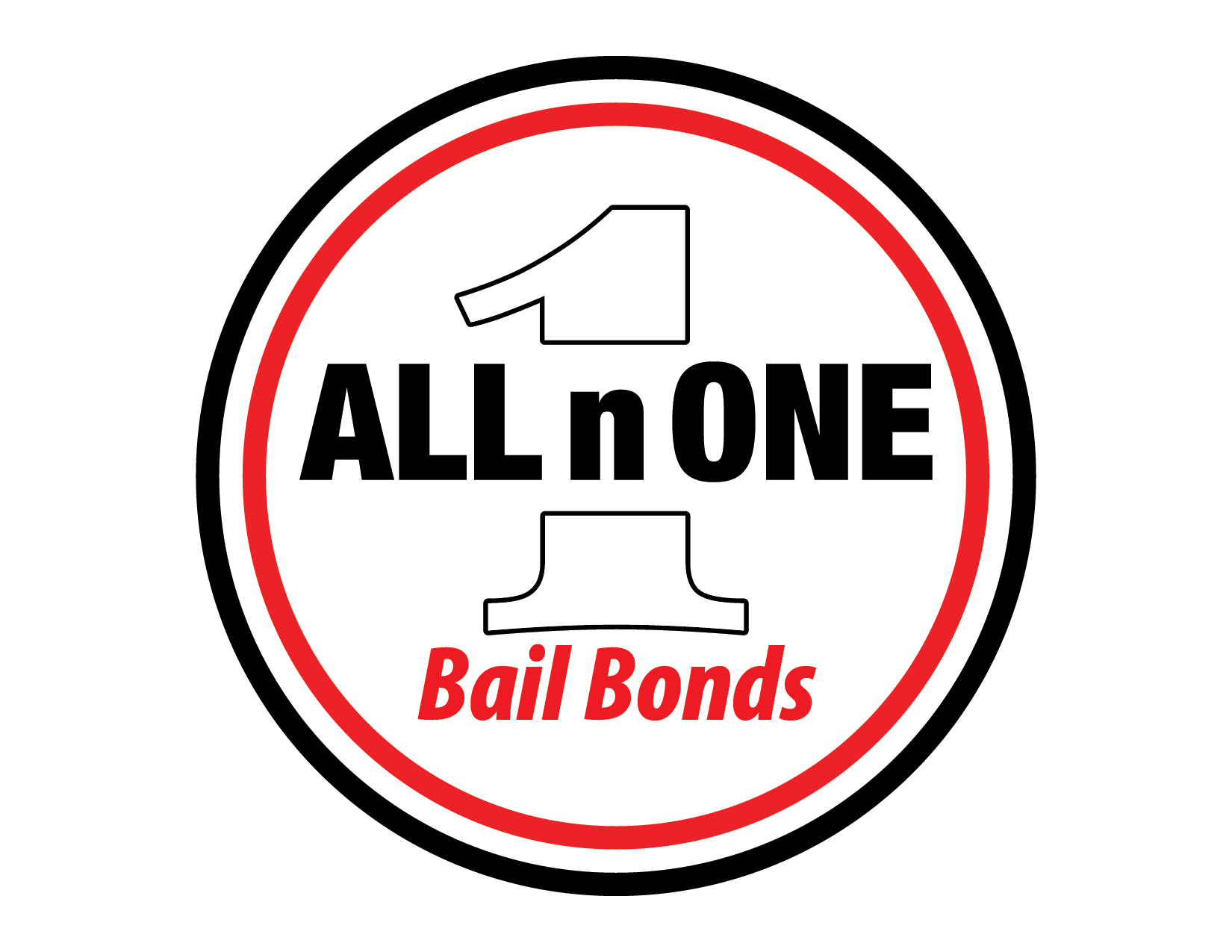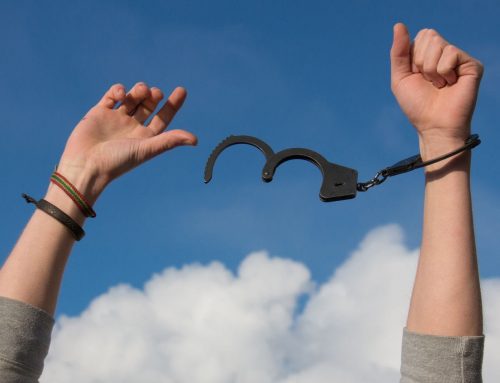What can a bail bondsman do legally?
Many believe that a bail bondsman is the same thing as a bounty hunter when actually there are distinct differences between these professions.
Since bounty hunters are responsible for tracking down defendants when they skip bail, this leads us to ask, what can a bail bondsman do legally?
To understand this question more fully, let’s look at the differences between a bounty hunter and a bail bondsman.
If you’d like to learn more about how bail bonds work, see our article on the subject.
Bail bondsman
A bail bondsman is someone who works directly with defendants to help them get out of jail.
Naturally, the central purpose of a bail bondsman is to post bond on defendants’ behalf.
Keep in mind that if you reach out to a bail bondsman, your case will be reviewed before a decision is made about whether they will post bond for you.
If you have a history of skipping bail, then a bail bond company may decide not to work with you. This is why it’s important to show up for court when required!
If you qualify for a bail bond, then your preferred bail bond company will both post bond for you and keep you accountable when it comes to showing up for court.
So, when answering the question, “What can a bail bondsman do legally?”, we can confidently say that a bail bondsman can legally post bond for you and help keep you accountable.
Side note about bail bonds
In Tennessee, you are required to pay a 10 percent non-refundable premium to get a bail bond. This is the amount you pay in exchange for a bail bondsman’s help.
Given the money you pay for their services, you may still be pondering the question, “What can a bail bondsman do legally?”
Well, here’s an interesting fact that you might not know:
In certain cases, bail bondsmen can actually make arrests. However, they do need to use the service of bail enforcement agents to track down criminals who have fled court.
If this is not exactly the news you wanted to hear, keep in mind that while a bail bondsman’s main job is to serve you the client, they are also here to help keep the court system running smoothly.
As an aside, here’s a statement from the Tennessee code, as sourced from Justia Law:
“For the purposes of §§ 40-11-132, 40-11-203, and 40-11-204, the bail bondsman or surety may arrest the defendant on a certified copy of the undertaking, at any place either in or out of the state…”
How do bail bondsmen get paid?
When you are arrested and the judge has set a bail amount, if you can’t afford it, then you can hire the services of a bail bond agent.
In Tennessee, a bail bondsman charges you a 10 percent premium of your total bail amount to post bond for you. So, if your bail is $10,000, your bail bond premium would be $1,000.
Please bear in mind that this premium is non-refundable. You will not get this back after you have made all your court appearances because this is how your bail bondsman gets paid.
Bounty hunter
Unlike bail bondsmen, the main job of bounty hunters is to track down fugitives and bail jumpers.
Fun fact: Bounty hunter is a somewhat old term, which some people no longer use. In some areas, bounty hunters are simply known as bail enforcement agents or fugitive recovery agents.
A unique feature of bounty hunters is that they regularly work for bail bondsmen.
While on the job, bounty hunters are allowed to make arrests as well as physically detain offenders. They are also allowed to carry weapons, including handguns, pepper guns, Mace®, electric stun guns, and more.
Bounty hunters usually try to limit any kind of violent arrest and will often coordinate with police when subduing a hostile fugitive.
Who can bounty hunters arrest in Tennessee?
Tennessee bounty hunters are allowed to arrest anyone who has jumped bail anywhere in the state of Tennessee, after which they must deliver the defendant back to the police.
However, bounty hunters must have a warrant and police presence to enter private property. If there is no police presence or a warrant on the property, the bounty hunter must have the permission of the property owner to enter.
How do bounty hunters get paid?
The payment, known as the bounty, is a percentage of the bond. Normally around 10 percent.
In other words:
The bail bondsman pays the bounty hunter a portion of his fee from the bond once the defendant has been returned. The greater the bail bond, the greater the bounty.
This is why defendants on the run that have committed more serious crimes are of keen interest to bounty hunters.






